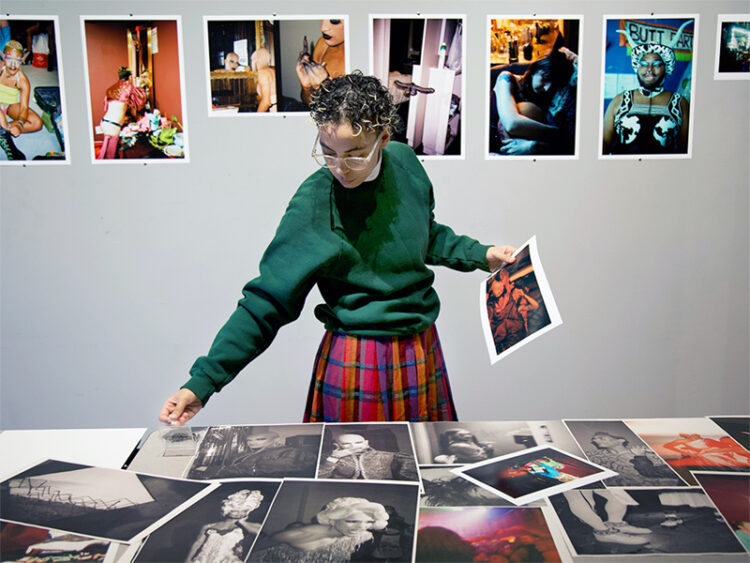Drafting a PR Timeline

Every few weeks, we’ll be posting tips straight from the Professional Development Program’s Artist’s Tools Handbook—a 200+ page resource we give to Core Workshop attendees, written by PDP Core Leaders Jackie Battenfield and Aaron Landsman. The book covers everything from writing to budgeting, websites to fundraising, elevator pitches to work samples. Similarly, each post will be packed with practical ideas to make your life run more smoothly, leaving you even more time for your creative practice.
Your PR Timeline
As you develop your promotional strategy and the elements of your press kit, it’s important to remember that marketing your event will take more than a few weeks, as most publications have strict deadlines and most people need multiple alerts that your event is happening before they will attend. We recommend beginning this PR journey six to nine months before your event; here are the specific steps you’ll need to take on that journey.
Six months before event:
- Make a master list of your targeted media. Research their requirements for submitting event listings or press information and the relevant deadlines, noting their preferred method of submission (example: do they prefer you mail or email your press kit?). Make a calendar noting when each mailing/email should go out leading up to the event.
- Produce the materials needed for all your selected media outlets (see contents of Press Kit).
- Create and/or update the press info on your website and the presenter’s website. It should have all the press materials you produced for submission to media outlets. It can include a selection of hi-resolution visuals formatted for publication so a photo editor can download them easily. Make sure the proper photography credit, copyright information and caption is attached to these images. If you are a visual artist and are concerned about the world having access to high-resolution images of your art, post low-res images along with contact instructions for press to request publication-ready images via email.
Four months before event:
- Send your press kit to long-lead publications, including monthly art and culture magazines.
- One week after sending, follow up with the editor by phone or email.
Two to three months before event:
- Finalize invitations to the opening event or other activities for live performance. Consider designating a “Press Night”—reviewers are more likely to come to Press Night because they know you’re expecting them. Notify reviewers through a special announcement, especially if the run of the show is longer than one weekend.
- Create your targeted short-lead media list, including weekly and daily magazines and newspapers.
- Strategize your pitches explaining who will be interested in what aspect of your work.
Four to six weeks before event:
- Send out listings releases to short-lead publications. Make sure you know the listing schedule. Some publications have one-week lead times, others will need a new listings release every week until the event is over. Ask and follow their guidelines.
- One week after sending, follow up, one-on-one.
- Send invitations to the event; personalize them, including a written note.
One week before event:
- Send email blast or media alert to all of your press contacts (including critics, editors, bloggers, photo desks, newswires and social press).
- Confirm attendees and email a reminder.
During an ongoing event:
- Follow up with the media you have or have not heard from and invite them to see the event with you; engage one-on-one with journalists.
- Focus on communicating with targeted critics who have been silent until now.
- Keep track of who has come and who has not; shortly before the show or performance closes, email those who have not a friendly reminder.
- Caution: Do not overdo these emails by sending too many (for example: one per week is too many!). You want to encourage people to attend your event, not annoy them.
Post event:
- Reach out to whoever helped you along the way with personal thank-you notes.
- Keep a media log of coverage.
- Collect your listings, reviews, features, etc. for your website, records, future funders, venues, etc.
Creative Capital hosts professional development workshops in a wide variety of fields such as grant writing, communications, and budgeting to help artists create successful projects from inception to completion. Check our calendar for upcoming workshops!
